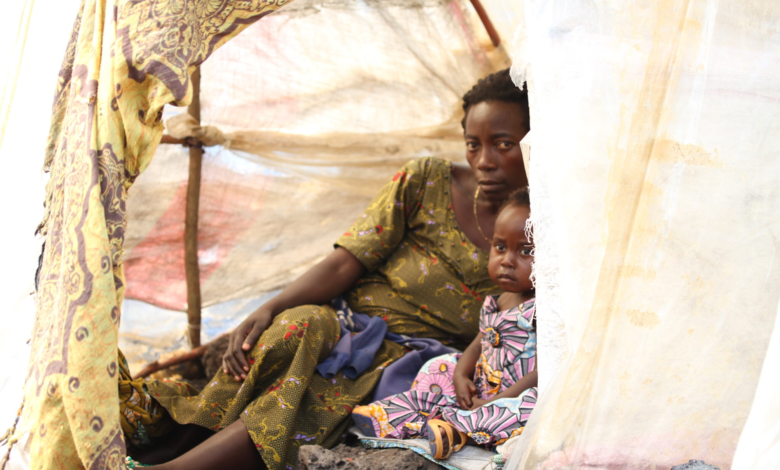Ugandan District Gov’t Asks DR Congo Refugees To Vacate Border
The refugees have refused to leave the border areas for a transit camp because they believe the conditions in those camps to be unfavourable to them.

At least 20,000 refugees from the Democratic Republic of Congo camped at the border with Uganda have been issued a two-day ultimatum to relocate.
They have been asked to report to the refugee transit camp or return to the Democratic Republic of Congo.
Fleeing fighting in Congo, the refugees have set up make-shift tents along the border. Ugandan authorities say the refugees pose a security threat and health hazard as they have not been screened for diseases.
They have been asked to move to the Nyakabande Transit Camp, a temporary shelter facility 10 km from the border.
“Refusal of the Congolese refugees to be relocated to the transit camp or the settlement centres and opting to camp in the border communities is not only a security threat to the community members but also poses a health threat because many of them mix up with Ugandans without being screened for Ebola and COVID-19, among many other diseases,” Ssekandi Shafik, a district commissioner, told journalists, adding that it was difficult to manage the refugees if they do not stay in one place.
The refugees resist relocating to settlement camps in Uganda, lamenting the harsh living conditions.
Following the resumption of heavy fighting between the M23 rebels and Congolese troops in March, more than 46,000 refugees have been registered at Nyakabande.
Support Our Journalism
There are millions of ordinary people affected by conflict in Africa whose stories are missing in the mainstream media. HumAngle is determined to tell those challenging and under-reported stories, hoping that the people impacted by these conflicts will find the safety and security they deserve.
To ensure that we continue to provide public service coverage, we have a small favour to ask you. We want you to be part of our journalistic endeavour by contributing a token to us.
Your donation will further promote a robust, free, and independent media.
Donate HereStay Closer To The Stories That Matter




